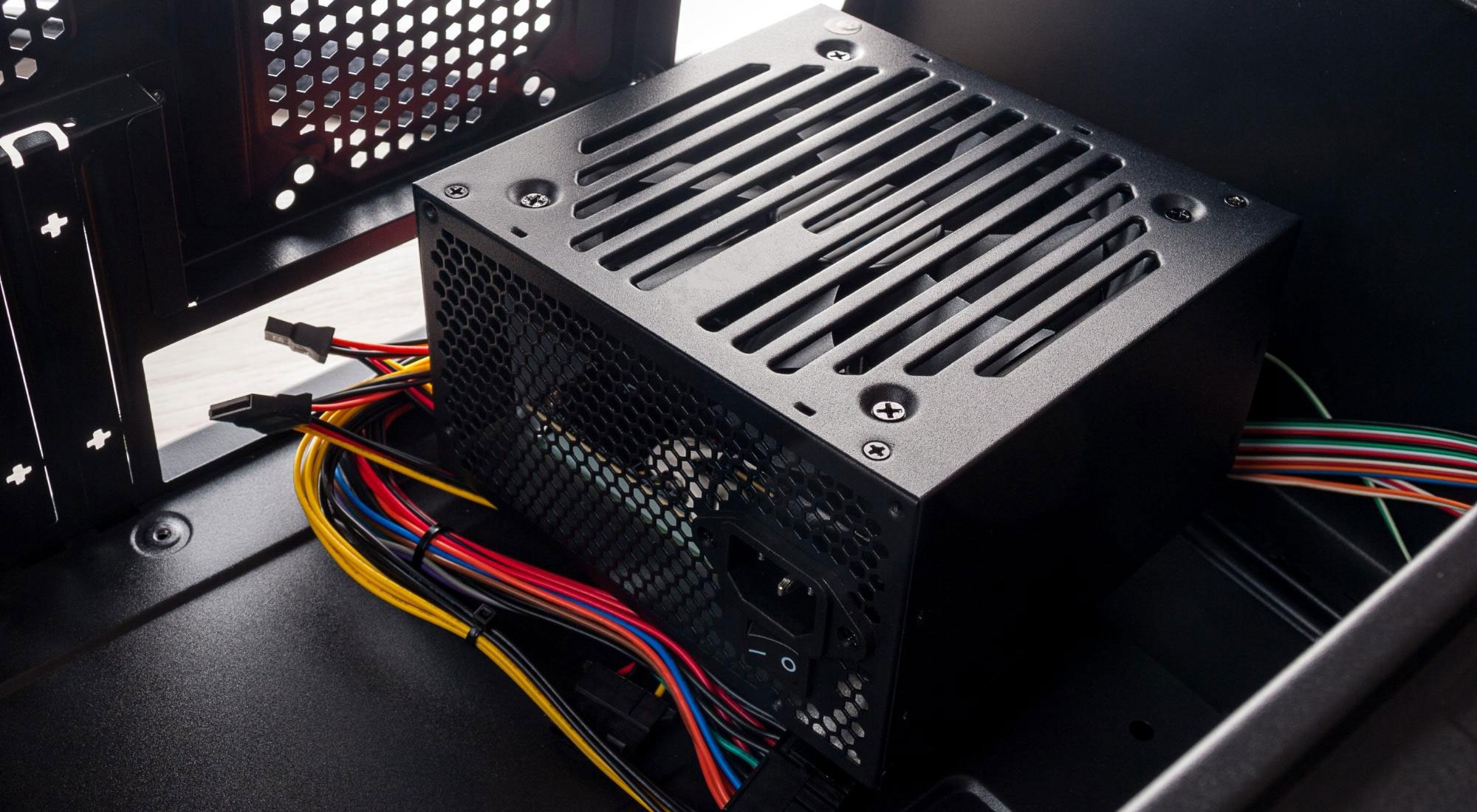In today’s digital age, we rely more on electronic devices and data than ever. Whether it’s your work computer, home entertainment system, or even critical business servers, the smooth operation of these devices is essential.
However, power disruptions, surges, and outages are all too common, and they can wreak havoc on your equipment and data. This is where a UPS (Uninterruptible Power Supply) system comes into play.
In this blog, we’ll explore why having a UPS set-up is crucial, what happens if you don’t have one, its benefits, and why you should consider investing in this invaluable technology. They protect computers, servers, networking equipment, medical devices, telecommunications systems, and more.
Certainly! A UPS, “Uninterruptible Power Supply,” is a vital electrical device designed to provide temporary power backup when the primary power source fails or experiences disruptions. It safeguards electronic equipment, computers, servers, and other critical devices by ensuring a continuous and stable power supply. Here’s a more detailed description of what a UPS is and how it works:
Power Backup: The primary function of a UPS is to offer an immediate and reliable source of electrical power when there is an interruption in the main power supply. It stores electricity in its internal batteries, ready to deploy when needed.
Consistent Power Source: When a power outage occurs, or the incoming power becomes unstable due to surges, sags, or spikes, the UPS seamlessly switches to its internal battery power within milliseconds. This transition is so fast that connected devices do not experience any disruption.
Voltage Regulation: Many UPS systems include voltage regulation capabilities. They monitor and adjust the incoming voltage to maintain a stable and consistent output voltage. This helps protect devices from voltage fluctuations that can cause damage.
Surge Protection: UPS units often havee surge protection features. They can prevent voltage spikes and surges from lightning strikes or other electrical disturbances. This safeguards connected equipment from potential damage.
Remote Monitoring: Many modern UPS models offer remote monitoring capabilities. This means that users can check the status of the UPS, receive alerts, and manage power-related functions through software or mobile apps, even when they are not physically near the UPS unit.
What Kind Of UPS Are Available?
Different UPS systems exist, including:
- Offline (Standby)
- Line-Interactive
- Online (Double Conversion).
Each type offers varying levels of protection and efficiency. The choice of UPS type depends on specific requirements and the criticality of the connected devices.
In summary, a UPS, or Uninterruptible Power Supply, is an indispensable device that ensures a continuous and stable power supply to electronic equipment during power outages, surges, and fluctuations.
It is a reliable backup power source, protecting devices from data loss, hardware damage, and downtime. UPS units come in various types and are used in multiple applications, making them a critical component of power management and data protection strategies.
What Happens If I’m Not Using A UPS?
Data Loss: One of the most significant risks of not having a UPS is the potential for data loss. When a power outage occurs, and your computer or server shuts down abruptly, unsaved work and important files can become corrupted or lost entirely.
Hardware Damage: Sudden power surges or fluctuations can damage the sensitive components of your electronic devices. Without a UPS, you’re leaving your expensive equipment vulnerable to potential harm.
Downtime: For businesses, downtime can be costly. Without a UPS to keep critical systems running during a power interruption, you risk losing productivity, revenue, and potentially even customers.
The Benefits of Having a UPS Set-Up
Power Continuity: The primary purpose of a UPS is to provide a seamless transition to backup power when the primary power source fails. This means your devices keep running without interruption, allowing you to save work, shut down equipment properly, or continue operations during a blackout.
Data Protection: UPS systems often have built-in surge protection and voltage regulation. This safeguards your devices from power spikes and ensures a stable power supply, reducing the risk of data loss and hardware damage.
Device Longevity: By preventing abrupt shutdowns and protecting against power fluctuations, a UPS extends the lifespan of your electronic equipment. This translates to cost savings in the long run.
Peace of Mind: Knowing that a UPS protects your critical systems provides peace of mind. You can focus on your tasks without worrying about unexpected power disruptions derailing your progress.
Safety During Storms: A UPS can be a lifesaver in areas prone to thunderstorms or inclement weather. It keeps your devices running even if the lights go out, allowing you to stay connected and informed.
Automatic Voltage Regulation: Some UPS models offer automatic voltage regulation (AVR), ensuring your equipment receives a stable voltage level. This is particularly beneficial in regions with frequent voltage fluctuations.
Remote Management: Many modern UPS systems come with remote management capabilities. This means you can monitor the status of your UPS and receive alerts on your smartphone or computer, allowing for proactive responses to power issues.
What type of UPS Do I Need?
In a world where our reliance on electronic devices and data is ever-growing, protecting them from power-related issues is paramount. A UPS set-up provides power continuity, data protection, and device longevity, all while offering peace of mind. It safeguards your equipment from data loss, hardware damage, and downtime, ensuring you can work, entertain, or conduct business without fear of power interruptions.
Investing in a UPS is not just a wise decision; it’s a necessary one. Whether you’re a homeowner looking to protect your data or a business owner safeguarding your critical operations, a UPS is a reliable and cost-effective solution. Don’t wait until the next power outage leaves you in the dark—take the proactive step of setting up a UPS to secure your power, data, and peace of mind.



